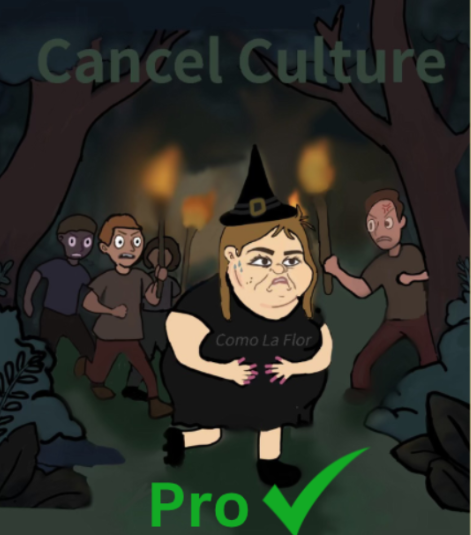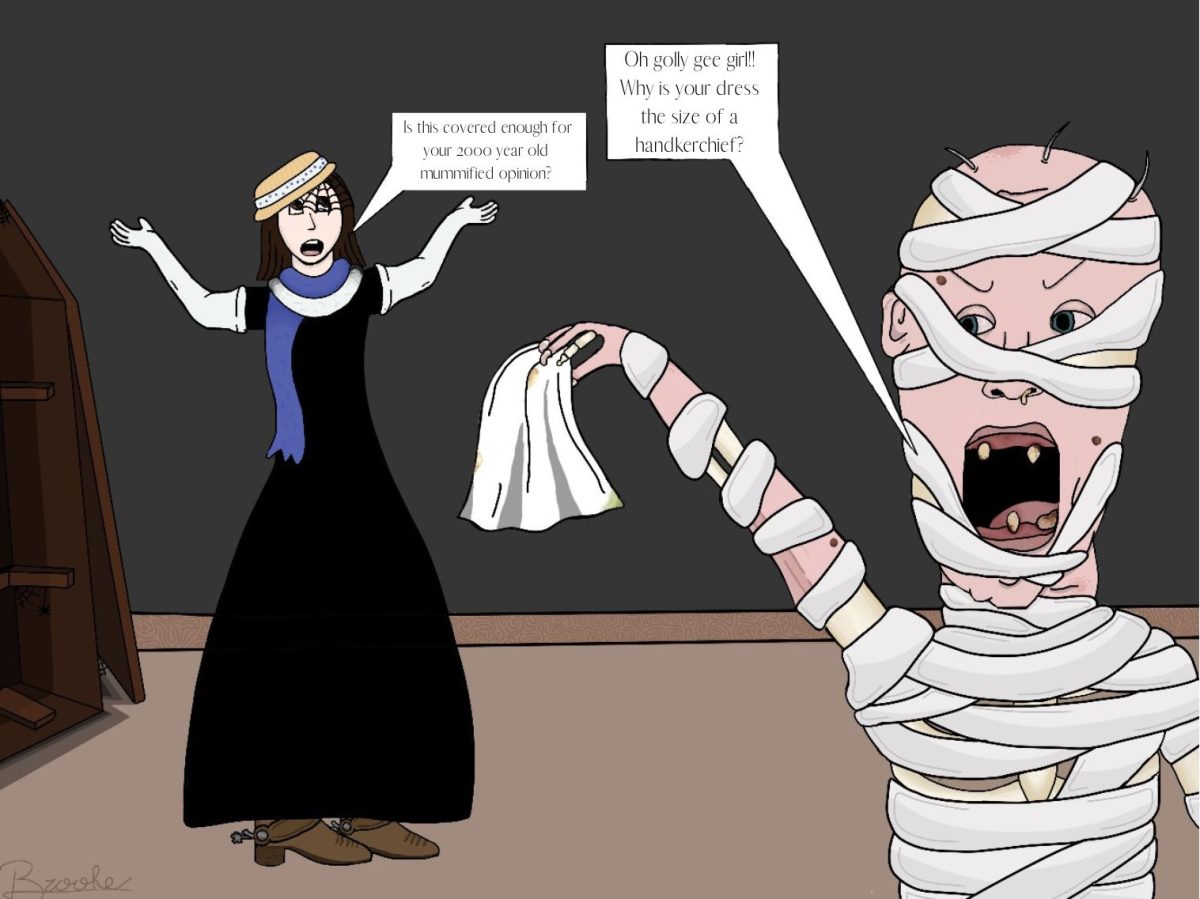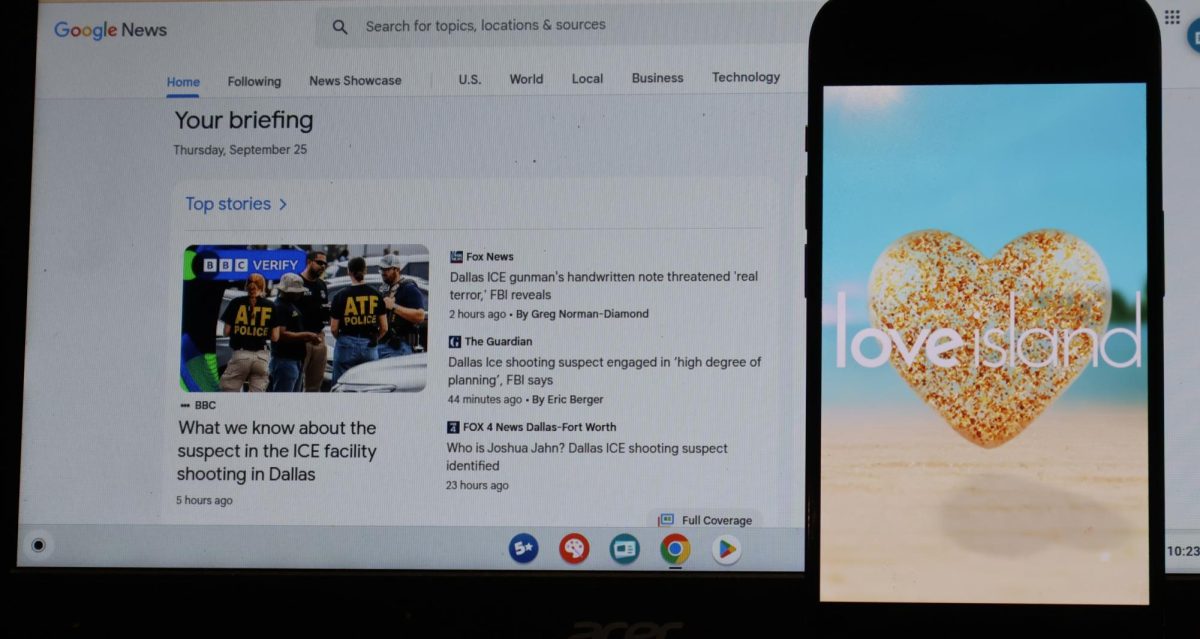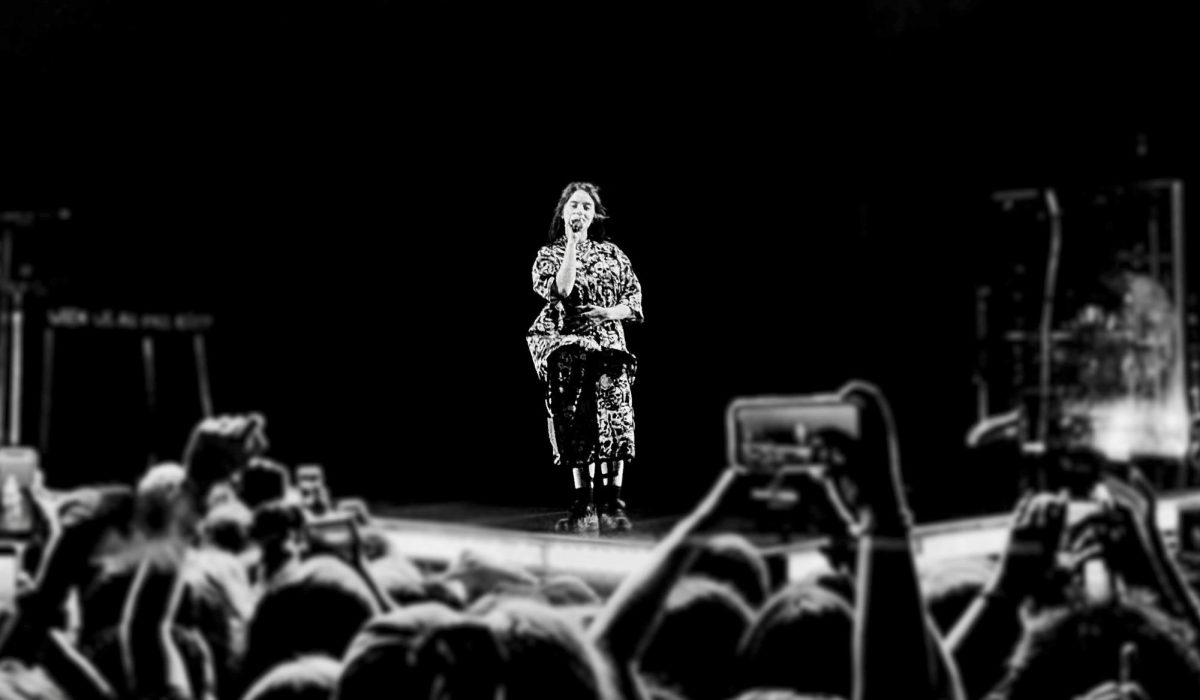To read Zelina’s opposing side, click here.
In recent years, cancel culture has become one of the most debated social phenomenons, reshaping the way individuals, corporations, and public figures are held accountable for their actions. With the rise of social media, the ability to call out others is no longer limited to journalists or legal systems. It now includes the public, leading people to “hunt” for those that show misconduct on the internet. Cancel culture has become a powerful asset that forces people to answer for their actions in front of the court of public opinion.
Cancel culture is identified by the University of Michigan as the collective action taken by the public to withdraw support from individuals or organizations that have engaged in harmful behavior. It further states that “cancel culture demands social change and addresses the deep inequalities in keeping the oppressed oppressed.” This signifies that those who have caused wrong can be held accountable for what they say and do.
A specific instance that occurred in 2016 was when Jada Pinkett Smith boycotted the Academy Awards. During the Martin Luther King Jr. holiday, Smith took the opportunity to share a message on why she had decided to cancel the Academy Awards. She explained that for the past two years, there had only been white performers that had been nominated in the four actor and actress categories. This made others who had similar events come out and share their own experiences with the public. Even though Jada did receive initial backlash because of cancelling her subscription with the Oscars, in 2019, the Oscars set a record for the most wins by black nominees ever.
Beyond individual cases, cancel culture plays a much bigger role in shaping society. For example, it can deny outdated or harmful beliefs that others might have, which pushes those people to evolve and learn from their actions. Many things that were once seen as socially acceptable, like segregation or gender inequality, only changed because people spoke up. When cancel culture calls out similar issues today, it makes people confront their biases. Without that pressure, harmful ideas could continue to go unnoticed and unchanged.
Not to mention, boycotting companies has influenced corporate accountability, making many companies address unethical practices that had been going on in the past. Some of these companies have had long-term effects and may find it difficult to crawl back to where they once were before, since many employees would be hesitant to work with a company that has their name tarnished. A specific company that has been boycotted would be Nestle, which was a baby formula company. With its initial call in 1977, Nestle got canceled for overly aggressive sales and marketing to new mothers. This instance caused their sales to significantly drop in numbers.
Additionally, cancel culture has amplified the voices of marginalized communities. In the past, issues like racism, homophobia, and sexual harassment were often ignored, especially when the victims lacked the platform to speak out. Now, with the use of social media, communities can call out injustice and demand changes. Movements like #MeToo and #BlackLivesMatter have gained traction because cancel culture holds individuals accountable. Many conversations or issues would be dismissed or buried in the sand without this.
Despite its flaws, cancel culture has changed how people take responsibility for their actions. No one is entirely perfect, however, this doesn’t mean that they shouldn’t be held accountable for what they do. Even though cancel culture can be taken too far at times, it shouldn’t be completely canceled.







